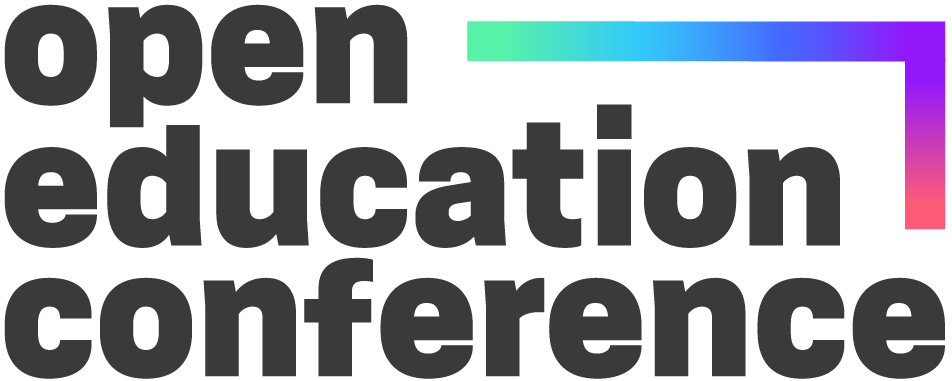Past SPARC Events
Below you can find an archive of previous SPARC events. Click here to view upcoming SPARC events.
-
December 11: SPARC Member-only Meetup at CNI
4:00pm-6:00pm · JW Marriott WashingtonWe have eagerly awaited the opportunity to meet together in person – and with the recent and momentous actions on all things “open” there will be plenty to talk about. We will provide an opportunity to discuss the latest developments in our priority action areas and talk through our planned work for 2023. In true SPARC style, our time together will include a cocktail reception to celebrate this past year. For questions, please contact Val Hollister
-
October 17: 2022 Open Education Conference
Virtual · October 17-20 Open Education
The 2022 Open Education Conference will be held October 17-20, 2022. Register today to join more than 1,000 attendees from across the open education field for an engaging virtual event. -
September 08: Discussing How We Actively Address the Ways Our Institutions are Deeply Rooted in Past and Current Injustices
3pm ET / 12pm PT · Virtual Open Access · Open Data · Open EducationAs part of SPARC's Knowledge Equity Series, this panel will discuss how libraries, archives, and academic institutions can actively address the ways they are deeply rooted in past and current injustices.
-
August 25: Examining the Roots of Universities in Violence Against Indigenous Communities
2pm ET / 11am PT · Virtual Open Access · Open Data · Open EducationAs part of SPARC's Knowledge Equity Series, this panel will discuss the roots of libraries, archives, and academic institutions in violence against Indigenous communities.
-
August 25: Reinvestment Community Call: Principled Pragmatism
1pm ET / 10am PT · Open AccessPlease join the SPARC Reinvestment Working Group for a Community Call on Thursday, August 25th at 1 pm ET/ Noon CT/ 10 am PT.
-
August 10: Examining How Systems of Research and Education Still Reflect the Structures of Colonialism
1pm ET / 10am PT · Virtual Open Access · Open Data · Open EducationAs part of SPARC's Knowledge Equity Series, this panel will discuss how structures of colonialism are still reflected in systems of research and education.
-
August 04: ACRL/SPARC Forum: Emerging “Inclusive Access” Programs and Their Implications for Course Material Affordability
Join us for the free, virtual ACRL/SPARC Forum “Emerging “Inclusive Access” Programs and Their Implications for Course Material Affordability” at 1:00 p.m. Eastern/12:00 p.m. Central/11 a.m. Mountain/10 a.m. Pacific on Thursday, August 4, 2022.
-
July 27: Examining the Roots of Universities in Slavery and Anti-Black Racism
2pm ET / 11am PT · Virtual Open Access · Open Data · Open EducationAs part of SPARC's Knowledge Equity Series, this panel will discuss the roots of libraries, archives, and academic institutions in slavery and anti-Black racism.